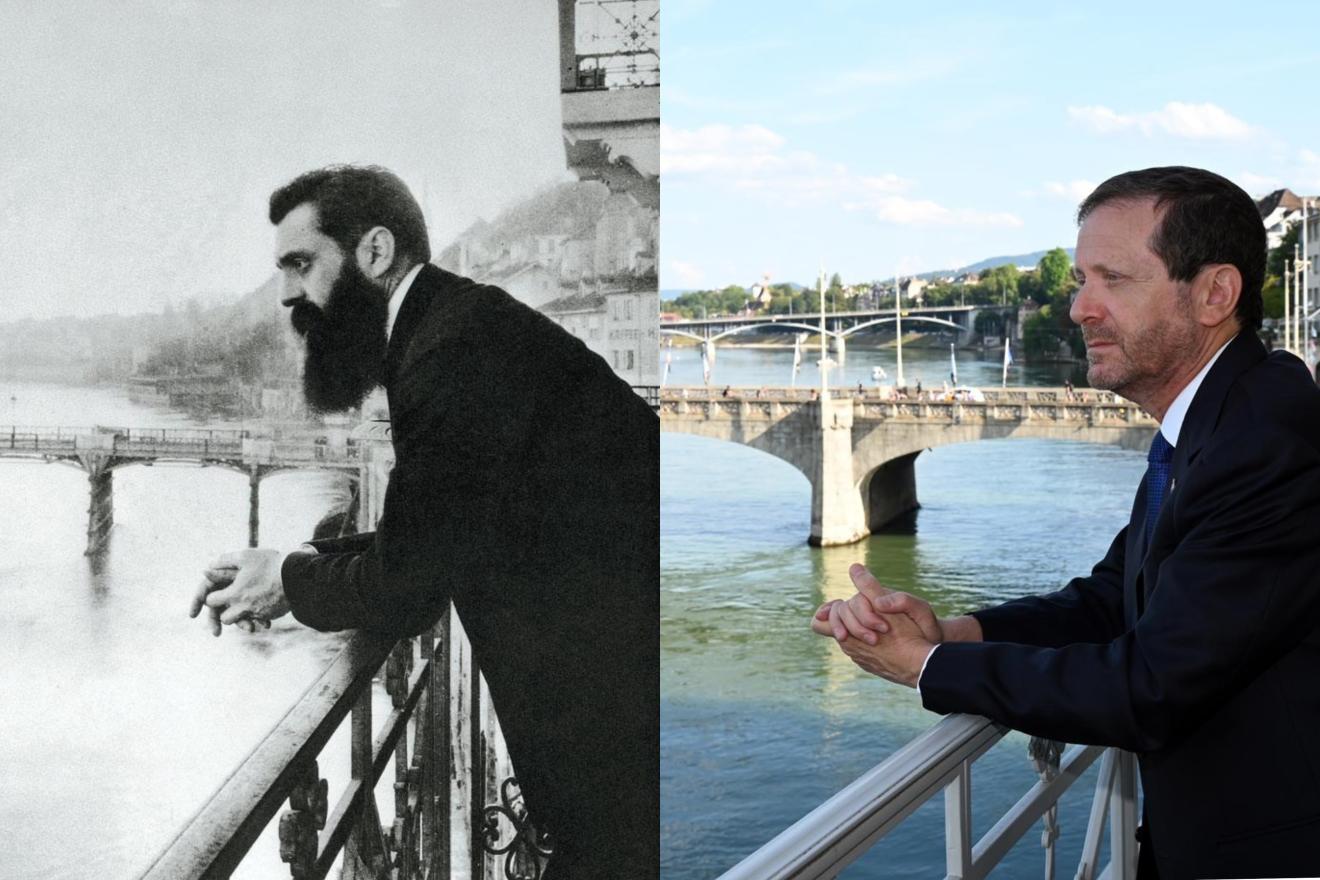Over the past few years, I’ve taken a deep dive into Zionism in my personal and professional studies. I’ve read more books, papers and articles than I can count. I’ve interviewed experts, scholars and analysts, and done extensive research into specific topics and areas of thought. I’ve published more than 150 columns on Zionism and taught hundreds of classes on Zionism to people of all ages and knowledge levels. Don’t tell anyone, but I’m about to publish a book on Zionism.
I don’t know if I’m an expert on Zionism, but I am more than a layperson on the topic.
Unlike other historical movements throughout Jewish history, Zionism is unique in its openness and lack of ideological rigidity. With the exception of a few basic principles, such as the Jewish people having rights to self-determination in their historic homeland and that Israel should always act as a haven for Jews needing refuge, Zionism is ideologically flexible. Consider for example that early Zionists entertained the idea of setting up a Jewish state outside of the Land of Israel.
Israel’s founders never wrote a constitution, and never declared that certain policies and laws must remain Israel’s eternally. At the founding of the state, Israel’s first Knesset opted to pass “basic laws” gradually rather than compose a constitution all at once. This allowed successive Israeli governments to keep the door open to adding and subtracting foundational laws and policies based on the priorities of the elected representatives at the time.
As with most Israeli policies, there are proponents and opponents of this decision. It is undeniable however that it was consistent with early Zionists’ flexible approach.
Reviewing contemporary Zionist writings reveals many assumptions today’s Zionists make about their movement and the state it created, few of which are based on the writings, speeches, or positions of early Zionists. Many of these assumptions are not based on early Zionist principles but rather taken from Israel’s policies in its 75-year existence.
Today, many Zionists maintain that if Israel was governed a certain way for decades, then those policies must reflect how early Zionists imagined the future Jewish state. Anyone with even a passing familiarity with Theodor Herzl’s writings knows that today’s Israel doesn’t reflect the Jewish utopian state Herzl envisioned.
A larger, related misconception is that Zionism means Israel must continue operating as it has in the past. This belief isn’t consistent with early Zionists’ principles. Zionism’s dearth of sacred cows and openness to constant modification is a source of debate among Zionists today, as is reflected by the modern proponents and opponents of the need to craft an Israeli constitution.
A significant aspect of the discussion surrounding Israel’s foundational principles and their application today is the observation many Zionists make regarding how almost all of Israel’s founders came from a small segment of the Jewish people. This group was not representative of women, Mizrahim, Americans, Ethiopians, the ultra-Orthodox and countless other Jewish minority groups (forget about Arab Israelis!)
These founders chose policies based on the values they maintained were best for Israel. These policies and the laws that resulted from them weren’t flawless, and their writers weren’t infallible. The Israel they produced is a success, yet many Israelis view certain aspects of it as anathema to their values.
Israeli citizens from minority sectors have been powerless to change the laws and policies they find objectionable, however, because power has remained in the hands of a select few. For example, all of Israel’s prime ministers—except one— have been Ashkenazi men.
These minorities argue that Israel’s success doesn’t prove Israel’s policies can’t and shouldn’t be improved. They also make the point that Israel wouldn’t have been a stronger and more democratic state had its policies been developed by a larger cross-section of Israel’s citizens.
It is disturbing to hear the country’s small elite decry any modification of Israel’s policies as a betrayal of Zionism and Israel that threatens the existence of the state itself. As a movement intentionally devoid of sacred cows, there are no Israeli laws and policies whose repeal would end the Israel the Jewish people dreamed of for millennia.
Israel can change, and it must change, constantly, if it is to truly represent the entirety of the Jewish people and not just those who have enjoyed influence and power for 75 years. When Zionists preach about the way Israel “must remain,” they’re not talking about Israel, the Jewish state; they’re talking about Israel, their state.
Israel’s policies should be determined by its people and their elected representatives. Many Zionist communities don’t maintain that Western values are sacrosanct and untouchable; they aren’t the priorities of a number of Israel’s minority communities. As more and more of Israel’s cross-section, and especially minorities, gain their voices, expect their representatives to change some of the policies the up-to-now ruling class has considered fundamental to Israel’s existence.
The Zionism of Israel’s founders allows every principle, law and policy to be open for consideration and modification. The debate leading up to these new policy considerations will be robust and reflective of Israel’s strong independent nature. The upcoming discussions will make Israel a stronger democracy—one that represents the views of all its citizens, even the traditionally marginalized ones.


























